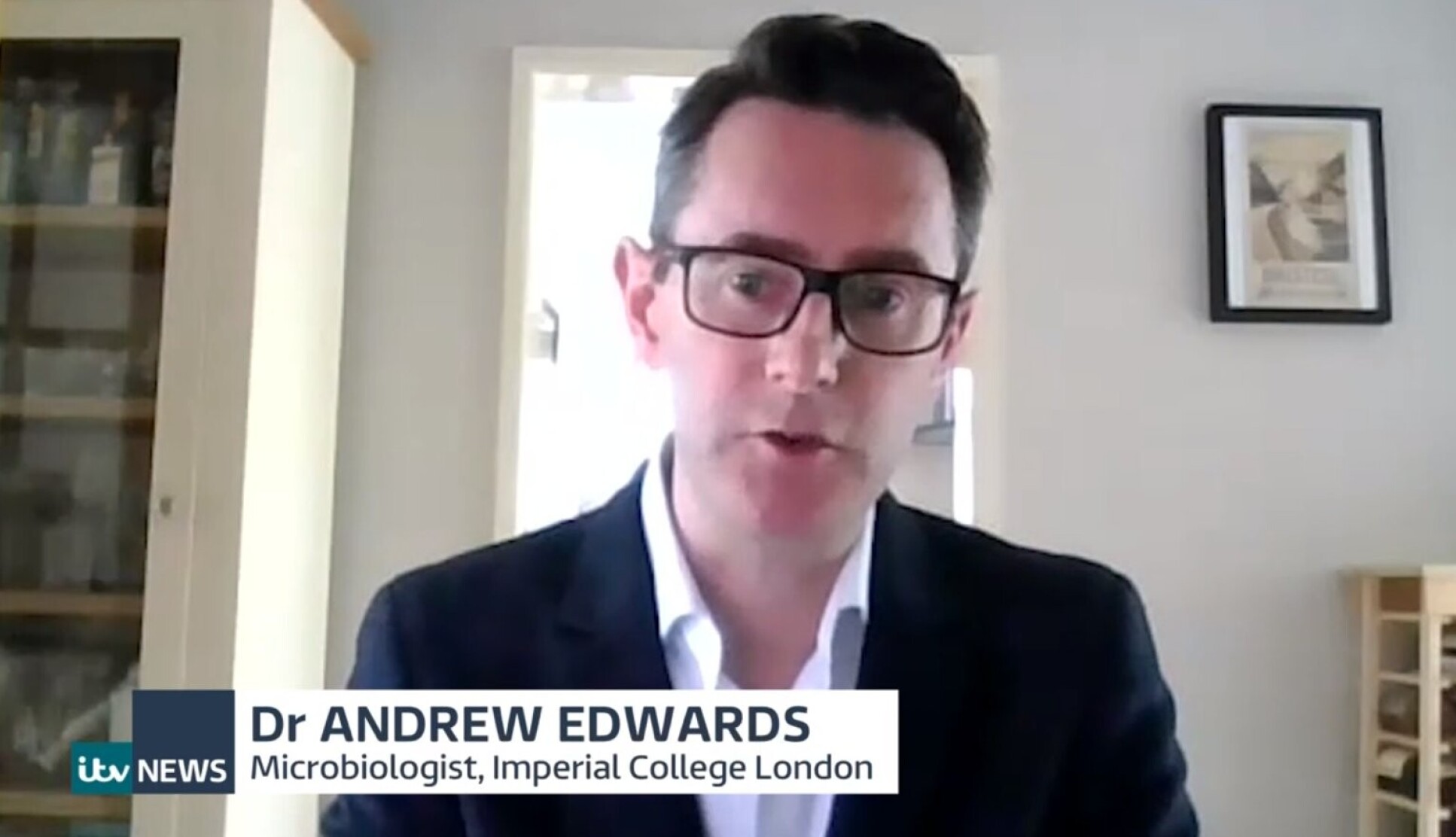UK announces five-year action plan to combat antimicrobial resistance
by Emily Govan

Last week, the UK released its second national action plan outlining ambitions to reduce the threats posed by antimicrobial resistance (AMR).
The five-year plan builds on the achievements and lessons learned from the first action plan, aiming to optimise the use of antimicrobials, reduce the need for antibiotics and support the development of new antimicrobials.
Dr. Andrew Edwards, from the Centre for Bacterial Resistance Biology (CBRB) whose research focuses on combating AMR, spoke to ITV News at Ten on 8 May and welcomed the five-year plan, stressing the importance of using antimicrobials responsibly.

£85m to tackle global antibiotic emergency
"One of the next big challenges will be to develop a robust and sustainable pipeline of new antibiotics, anti-fungals and vaccines to combat the emergence of multi-drug-resistant pathogens globally." Dr Andrew Edwards CBRB
Dr Edwards also highlighted the importance of equitable access to antibiotics, given that some parts of the world have limited access, with few drugs available. This can increase the risk of selecting for resistance and impacts detrimentally on population health.
Recognising this challenge, the UK government has just announced £85m funding to support the international community in tackling the growing threat of antimicrobial resistance, a plan that includes £50m for Africa.
Dr Edwards said: ‘One of the next big challenges will be to develop a robust and sustainable pipeline of new antibiotics, anti-fungals and vaccines to combat the emergence of multi-drug-resistant pathogens globally. In addition to research infrastructure, this effort necessitates the training of the next generation of scientists and clinicians for what will be a decades-long fight against AMR.’
Article text (excluding photos or graphics) © Imperial College London.
Photos and graphics subject to third party copyright used with permission or © Imperial College London.
Reporter
Emily Govan
Department of Life Sciences